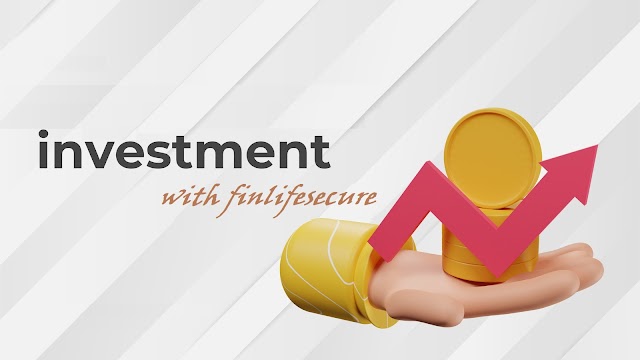
What
is Group Health Insurance?
Group health insurance,
offered by corporations and companies as part of their employee benefits
policy, provides health insurance benefits to their employees. Unlike
individual health insurance, which may have a waiting period before benefits
can be accessed, group health insurance policies typically activate immediately
upon enrolment. Since medical expenses can be exorbitant, providing health
insurance to employees boosts their morale, reduces stress, and can attract new
talent. Group health insurance often extends coverage to the employee's family,
and sometimes even includes coverage for parents, depending on the employer's
chosen plan. Additionally, employees do not need to undergo a medical
examination for group health insurance. This scheme is highly beneficial for
employees as it safeguards their savings from being depleted by costly medical
procedures such as hospitalizations and surgeries, thus promoting both employee
well-being and financial security.
Key
features of group health insurance:
Group
Coverage:
Group health insurance
covers a group of peoples or employees, mainly in corporates or organisation as
a part of employee benefits package.
Sometimes employers may cover all the costs of premium, sometimes a part
of premium deducted from the salary of the employee.
Premium
Cost:
The premium cost of the
group health insurance policy is often shared between the employer and the
employees. Sometimes employers may cover
all the costs of premium, sometimes a part of premium deducted from the salary
of the employee.
Medical
Package:
Group health insurance
plans offers comprehensive package of medical expenses includes hospitalization,
medicines expenses, ambulance charges, pre and post consultancy charges, diagnosis
expenses etc.,
Cheap
Rates:
On behalf of the
organisation an insurance companies negotiate packages with hospitals or
healthcare services for group health insurance policies, which can result cheap
in cost to organisations or corporates.
Medical
Report:
Generally in group
health insurance do not require individual medical examination or no need to
submit any medical history or details.
Conclusion:
Group health insurance
provides benefits for both employers and employees. Offering insurance can help attract professional’s
new employees and improve the existing employee’s satisfaction and moral, also
employer can claim for tax benefits. For
employees, group health insurance provides affordable healthcare package.
Example:
LMN Industries, a manufacturing
company with having 250 employees, its management decides to provide the health
insurance to their employee under the employee benefits package.
Selection
of Insurance Company:
LMN management conduct
the market research and called different insurance company and select one who
provides a good comprehensive health package at competitive rates.
Plan
Customization:
After the survey and
discussion with employees, management has decided to customize the plan to meet
the needs of their employees. The plan
includes hospitalization, medicines expenses, ambulance charges, pre and post consultancy
charges, diagnosis expenses etc.,
Premium
Cost:
LMN Industries decides
to contribute 70% premium costs for its employees and remaining 30% will be
deducted or collect through payroll.
Coverage:
The group health
insurance coverage starts from the day enrolment of the employee. Employee will receive all the necessary information
like hospital network of insurance company, insurance cards and benefits of the
policy.
Benefits:
With their group health
insurance policy, employees can use facility of doctor visits, hospital, medical
shops, diagnosis centres etc., within the insurance company provided network.
Claims
Processing:
Claim processing is a
straightforward procedure within the network of affiliated hospitals. Employees
simply need to present their insurance card and provide some basic information.
However, if employees receive medical services or are hospitalized outside of
the insurance company's network, they must submit a claim directly to the
insurance company for reimbursement. The insurance company then reviews and
processes the claims before reimbursing the employee accordingly.
Portability:
If an employee leaves MLN
Industries, they may have the option to maintain their health insurance
coverage by purchasing an individual policy. This ensures continuity of
coverage even after departing from the company.




